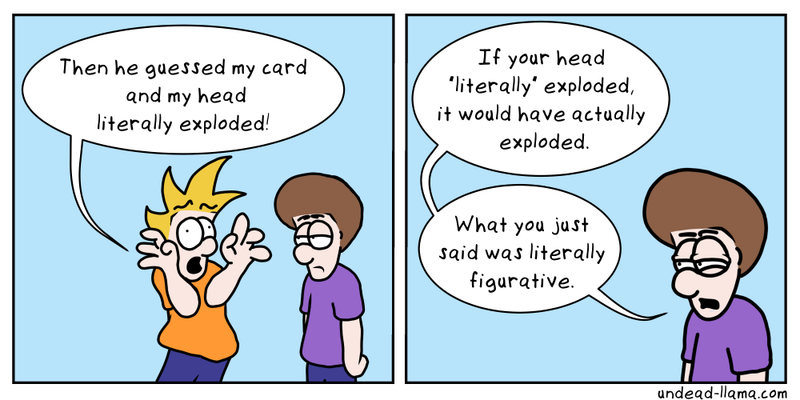Even the most intelligent individuals can find themselves in situations where their conversational habits lead others to perceive them as less articulate or knowledgeable. Certain habits, whether subtle or overt, can detract from the speaker’s intended message. This can result in misunderstandings or misjudgments about one’s intelligence. Understanding and adjusting these habits can significantly improve how others perceive us during conversations. Here are seven conversation habits that might make a smart person appear unintelligent, and how being aware of them can enhance communication skills and project a more articulate image.
1. Overusing Filler Words

Filler words often fill the gaps in our speech when we need a moment to think. They can help avoid awkward silences, but their overuse can lead others to question a speaker’s confidence and clarity. Imagine giving a presentation where every other word is ‘um’ or ‘like.’ Though common, these words can distract from the main message. A study found that audiences tend to perceive speakers who frequently use filler words as less competent. Reducing their use can make communication more effective and polished, enhancing the speaker’s perceived intelligence.
2. Interrupting Others

Interrupting others during a conversation can be seen as disrespectful and impatient. It not only disrupts the flow but also prevents the speaker from expressing their complete thought. Consider a scenario where an exciting idea is cut short by an interruption. The conversation becomes fragmented, leaving the original thought unfinished. This habit can be perceived as a lack of listening skills, potentially diminishing one’s credibility. Practicing patience and allowing others to finish speaking can convey respect and improve communication dynamics.
3. Using Complex Language Unnecessarily

Sophisticated language can sometimes complicate rather than clarify. While an extensive vocabulary is impressive, using complex words unnecessarily can confuse listeners. Imagine a casual conversation overloaded with jargon, leaving others bewildered. This can create a barrier, making the speaker seem pretentious rather than knowledgeable. Balancing vocabulary complexity with clarity helps ensure the audience stays engaged. By choosing words wisely, smart communication can become more inclusive, inviting understanding rather than alienation.
4. Misusing Words or Phrases

Misusing words or phrases can lead to confusion and misinterpretation. When words are used incorrectly, it can appear as though the speaker lacks understanding. Picture a conversation where idioms are used out of context, resulting in puzzled expressions. This habit, though often unintentional, can harm credibility. Recognizing and correcting such errors fosters clearer communication. By learning correct usage, a speaker can enhance their linguistic competence and confidence, promoting a more intelligent image.
5. Speaking in a Monotone Voice

A monotone delivery can make even the most engaging topics seem dull. Imagine listening to a speech where the speaker’s voice lacks inflection and enthusiasm. This can cause listeners to lose interest quickly, detracting from the speaker’s message. Voice modulation is a powerful tool that adds emphasis and emotion to speech. By varying pitch and tone, speakers can captivate their audience, making the conversation more dynamic and engaging. Overcoming monotony in speech can significantly enhance one’s perceived intelligence and charisma.
6. Avoiding Eye Contact

Eye contact is a fundamental aspect of effective communication. Avoiding it can be interpreted as a lack of confidence or disinterest. Visualize a scenario where someone constantly looks away while speaking. This can create a disconnect between the speaker and the audience. Maintaining eye contact establishes a connection, conveying sincerity and engagement. It invites listeners to pay attention, reinforcing the speaker’s message. Developing this skill can enhance interactions and project a more confident and intelligent persona.
7. Overusing Slang or Profanity

Excessive use of slang or profanity, especially in formal settings, can come across as unprofessional. Picture a business meeting where informal language dominates. This can lead others to question the speaker’s maturity and seriousness. While colloquial language adds color to casual conversations, its overuse in formal contexts can diminish the speaker’s credibility. Balancing language appropriateness with context enhances communication. Understanding when to switch between informal and formal language aids in projecting a more professional and intelligent image.

Well, hello there!
My name is Jennifer. Besides being an orthodontist, I am a mother to 3 playful boys. In this motherhood journey, I can say I will never know everything. That’s why I always strive to read a lot, and that’s why I started writing about all the smithereens I came across so that you can have everything in one place! Enjoy and stay positive; you’ve got this!

